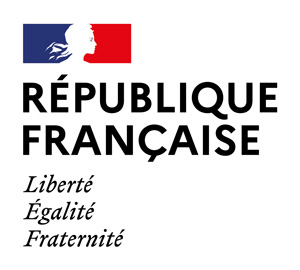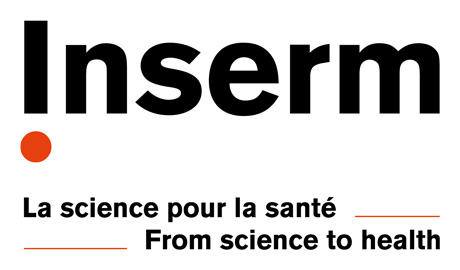





FORMATION Horizon Europe : les clés de la réussite
Mercredi 21 et jeudi 22 janvier 2026
Destinée à tout chercheur travaillant dans des unités Inserm et souhaitant déposer un projet collaboratif avec l'Inserm (Actions Marie Sklodowska-Curie et Cluster Health)
Inscriptions via Sirene jusqu’au 15 décembre 2025
>>>>>>> Télécharger la fiche descriptive
>>>>>>> Télécharger l'agenda de la Formation
>>>>>>> Télécharger le flyer
Pour plus d’informations contacter : sophie.bagdad@inserm.fr et/ou cellule.europe@inserm.fr
Les futurs appels à projets européens 2026-2027 sont désormais publiés (télécharger ici)
Cette page vous permet d'être alerté-es sur des lignes potentielles. Si vous êtes intéressé-es pour répondre à un appel, la cellule Europe de l'Inserm (cellule.europe@inserm.fr) est à votre disposition pour vous présenter plus en détails l’appel à projets et les règles de participation, ainsi que le dispositif d’accompagnement proposé en collaboration avec Inserm Transfert dans le cadre d’une coordination gérée par l’Inserm.
>>>> Voir la présentation des appels et du dispositif d'accompagnement par la cellule Europe Inserm (intervention de Aude Raimbault, chargée de mission du pôle Europe de l'Inserm, lors du colloque du réseau ROAD to 2030 du 17 novembre 2025)
European calls coming soon
Call Cluster Health 2027
See the complete version of the call here
Addressing disabilities though the life course to support independent living and inclusion
Research and Innovation Actions - Single stage - around 7 expected projects - between EUR 6.00 and 8.00 million per project.
Opening: 10/02/2027 - Deadline for submission: 13/04/2027
Prevention and management of chronic noncommunicable diseases in children and young people (GACD)
Research and Innovation Actions - Single stage - around 3 expected projects - between EUR 3.00 and 4.00 million per project.
Opening: 10/02/2027 - Deadline for submission: 13/04/2027
Development of predictive biomarkers of disease progression and treatment response by using AI methodologies for chronic noncommunicable diseases
Research and Innovation Actions - Two stage - around 6 expected projects - between EUR 6.00 and 8.00 million per project.
Opening: 10/02/2027 - Deadline for submission (Stage 1): 13/04/2027 - Deadline for submission (Stage 2): 22/09/2027
Advancing bioprinting of living cells for regenerative medicine
Research and Innovation Actions - Single stage - around 4 expected projects - between EUR 7.00 and 10.00 million per project.
Opening: 3/06/2027 - Deadline for submission: 22/09/2027
Call European Innovation Council
EIC PathFinder Challenge 2026: Biotechnology for Healthy Ageing
Around 8 expected projects - Around EUR 4.00 per project.
Deadline for submission: 28/10/2026
Identification of biomarkers or proof-of-concept validation of suitable pre-clinical models or bio-pharmaceutical interventions to prevent the emergence or reverts an age-related trait
1 of the 3 main objectives to achieve: